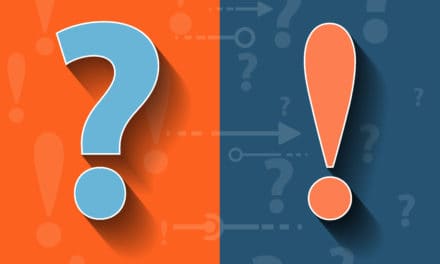Either. It depends on the context. In a manual about electrical work, striking out don’t and replacing it with do not is much more effective, but what about speech in a story in which some of the main characters have little education or come from a working class background? In one such story Katherine Mansfield uses the word kitching, along with canningbal, mutting and others to indicate background and class in the same way that don’t could also tell the reader something about a character.
Discussion with the client should clarify this and, if incorrect language or spelling is in speech, it is usually straightforward to decide if the spelling and lack of grammar is deliberate.
But not always: the duchess said, “We don’t eat peas with a knife.” In this case the proofreader should ask, would a duchess say don’t or do not? Here don’t is an informal but accepted way of writing do not and so it becomes a style issue, and what the proofreader/editor needs to do is work out the duchess’s style of speech. It might also be a matter of who the duchess is speaking to. Is it someone she considers an equal or someone of lesser social standing, or someone to whom she wants to present an example of correct table manners, such as a child?
Compare this with a character saying, “He don’t like it.” Here don’t is not only informal but also ungrammatical, a likely indication that the writer is trying to tell the reader something about character.
You also need to consider the overall tone and subject. Apart from any dialogue, is an article or book chatty or serious? Who is the intended audience?
Too much informal usage could lessen the importance of a serious topic but judicious use of colloquial language may well be more effective in getting a point across. This does not mean that you should always accept informal usage or text speak e.g., the government should of made it level four; the duke said that he will C U tonite.
Correct both of these to should have and see you tonight (unless, of course, the writer is directly showing the reader a text message).
A first reading of any document, fiction or non-fiction, will almost certainly indicate whether formal or informal language is preferred or appropriate. If not, a discussion with the client about what sort of changes can be made and how much leeway you have to make any changes. Does the writer want suggestions about the tone and style? Is the writer looking for complete grammatical correctness or a more user-friendly English ‘as it is sometimes spoke’ (and written)? Part of your role is to work this out.
The NZIBS Proofreading and Editing course provides an introduction to the world of publishing and includes the main stages in the editing process, the scope of different levels of editing, industry practices with handling different writing genres, traditional and onscreen proofreading mark-up methods, and a range of business fundamentals.
Want to get paid to find spelling misteaks?
Did you spot it? Do spelling “misteaks” jump off the page at you? Train to become a professional proofreader. Create new career opportunities. Study from home, at your own pace. Learn from industry experts.










